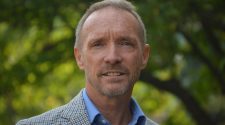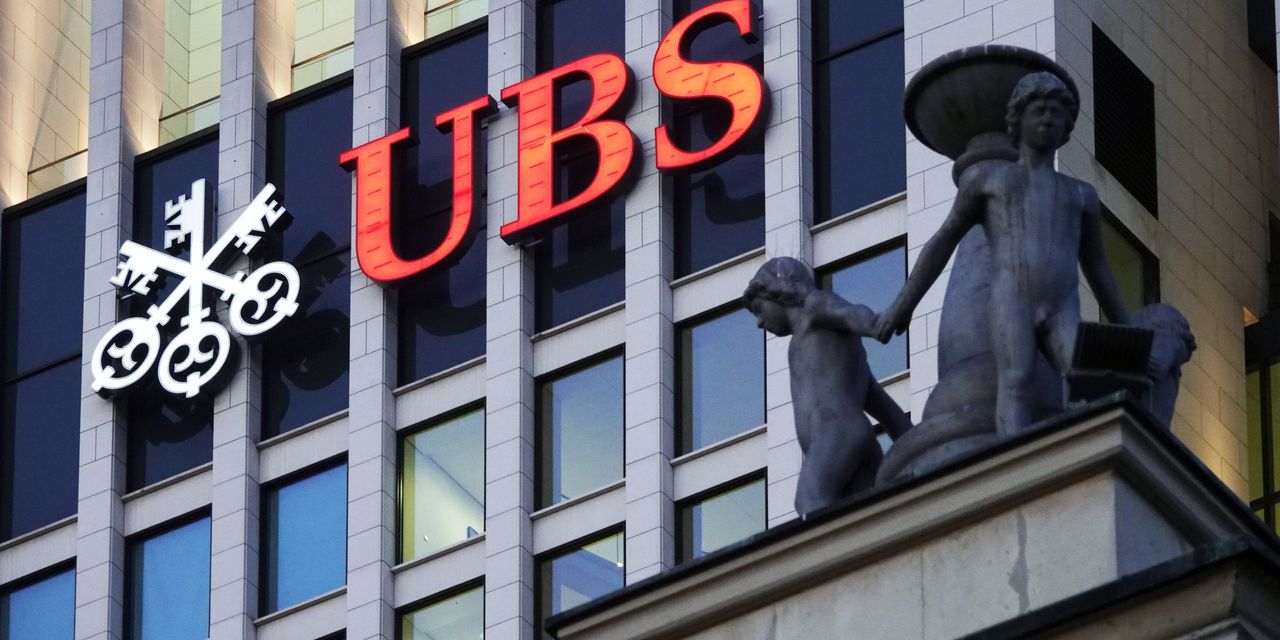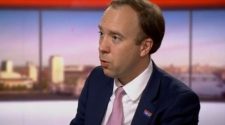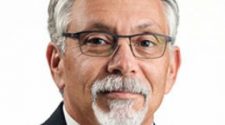UBS, Switzerland’s biggest bank by assets, said it lost $774 million following Archegos’s implosion, a bigger hit than analysts expected, deepening the damage caused by the fund.
Meantime, Japan’s Nomura, which flagged losses of around $2 billion last month, upped its total damage tally to $2.85 billion. This included a loss of 245.7 billion yen, equivalent to about $2.27 billion, for the year ending in March, and another 62 billion yen for the fiscal year that started in April.
Nomura said it had taken swift action to shore up its risk-management systems, and had found no similar dealings with other clients. The bank had exited more than 97% of the positions by April 23.
UBS Chief Executive
Ralph Hamers,
in the job since November, said the bank is taking the incident very seriously, is disappointed and is reviewing its risk management systems to avoid such situations. He said it hadn’t stopped UBS from improving its capital position in the quarter and that the investment bank was able to bear the loss.
Archegos, the family office of
Bill Hwang,
wreaked havoc across Wall Street when it couldn’t meet margin calls in March. In addition to UBS and Nomura,
Credit Suisse Group AG
lost $5.5 billion,
Morgan Stanley
lost $911 million and Mitsubishi UFJ Group warned of a $300 million hit. The banks lent to Archegos, enabling the fund to take large, concentrated positions in stocks. Some of the positions reversed course in March and banks lost money selling the shares.
Altogether, the losses of more than $10 billion make it one of the worst trading incidents in finance in years.
UBS said it lost the money from closing out a U.S. fund’s trades. It took $434 million off net profit in the quarter, which overall was up 14% at $1.82 billion because of a surge in investment banking revenue from strong stock markets. UBS said it has fully exited the fund’s positions now and the additional losses in the second quarter were immaterial.
UBS is one of the biggest banks catering to the world’s rich with private banking and wealth management advice. It also competes with Wall Street banks in market trading and in advising companies on stock and bond sales and other deal making.
Like other banks burned by Archegos, UBS otherwise had a solid quarter. Revenue in its division underwriting debt and stock deals, including for blank-check companies known as SPACs, jumped 69%.
UBS’s markets business lagged because of the Archegos loss, drops in clients trading currencies on its electronic platforms and taking bets on interest rate moves. The fall in activity contrasted with 2020’s frantic first quarter, when investors poured into markets in the early days of the coronavirus pandemic to take positions on the direction of the global economy.
UBS’s larger wealth management business grew 7% in the quarter in terms of revenue, and pretax profit rose across its Americas, Switzerland, Europe and Asia Pacific wealth divisions. It said clients were active, with high levels of transactions in “a constructive market environment.”
At Nomura, the Archegos loss has prodded the bank to examine about how it manages its Wall Street presence. The bank said it hired Christopher Willcox, former chief executive of J.P. Morgan Asset Management, as the CEO and president of two subsidiaries in the U.S., and said it planned to increase the number of non-Japanese directors.
With limited growth opportunities at home, Nomura in 2008 tried to capitalize on the global financial crisis to become a bigger international player, buying some Lehman Brothers businesses in Europe, the Middle East and the Asia-Pacific region.
However, Nomura later had to retrench, undertaking several rounds of restructuring and cost-cutting. In 2019, it said it would cut $1 billion of annual costs, streamline its corporate structure and place greater emphasis on fast-growing businesses.
Abroad, Nomura has largely stuck to trading with big institutions and advising corporations, rather than serving individual investors. It has tried to focus on being competitive in select areas, such as trading U.S. Treasury bonds and packaging residential mortgages into debt securities.
Write to Margot Patrick at [email protected] and Quentin Webb at [email protected]
Copyright ©2020 Dow Jones & Company, Inc. All Rights Reserved. 87990cbe856818d5eddac44c7b1cdeb8
















